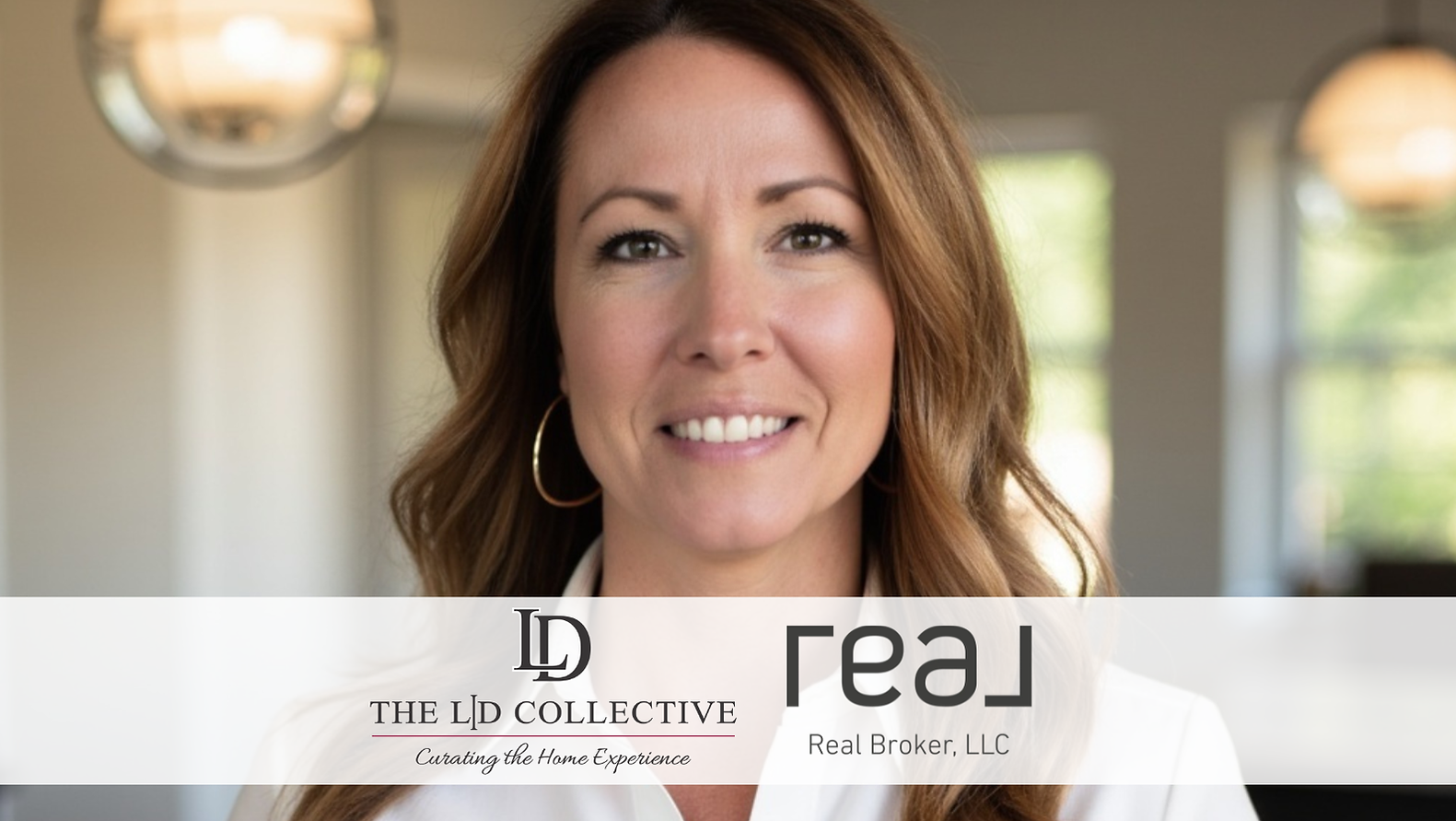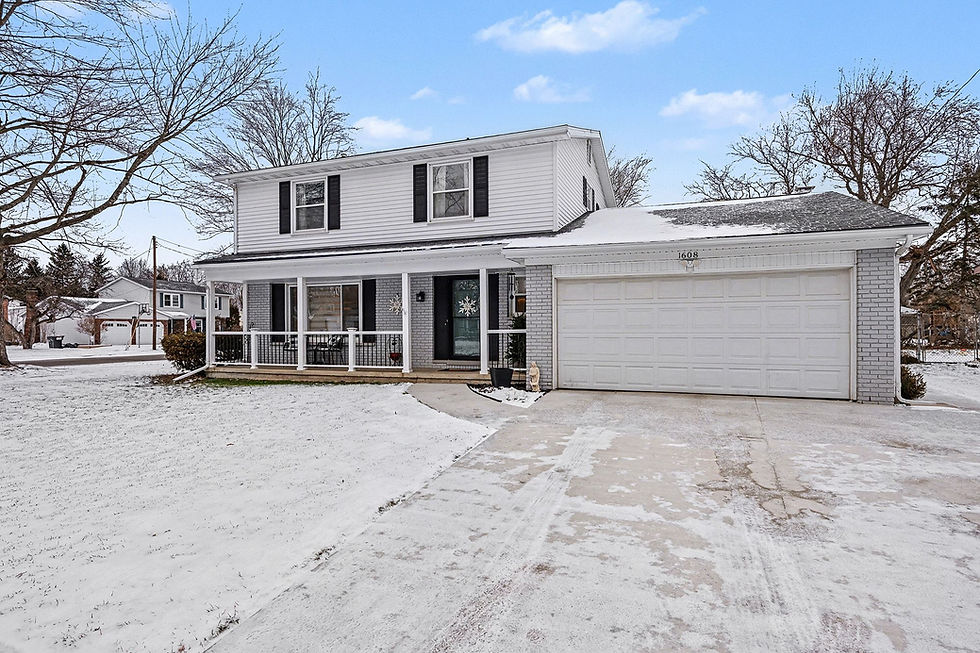What Do You Need to Know About Lender Pre-Approval for Buying a Home?
- Jennifer Lane

- Jan 8, 2025
- 3 min read

Buying a home is an exciting step in life, but it can quickly become overwhelming without the right preparation. One of the most important actions you should take early in this journey is obtaining a lender pre-approval. This process not only clarifies your budget but also boosts your credibility as a buyer in today's competitive real estate market. In this blog post, we will break down everything you need to know about lender pre-approval, including your personal price point, the types of loans available, understanding down payments and closing costs, and why pre-approval is essential when making an offer.
Know Your Personal Price Point
Understanding your personal price point is the first key step in your home-buying journey. Lender pre-approval helps you gauge how much you can afford based on your financial situation. This assessment involves looking at your income, debts, and credit score to set a budget that fits your financial resources.
By knowing your price point, you can focus on homes within your reach. Falling in love with a property that’s financially out of bounds is a common pitfall. For example, if your pre-approved amount is $300,000, you can confidently view properties priced below this limit. This approach allows you to avoid the heartache of discovering that your dream home costs $350,000—well above your financial comfort zone.
Type of Loan and Associated Interest Rate
The type of loan you select is crucial, as it will affect your monthly payments and overall financial obligation. There are various mortgage options today, including conventional loans, FHA loans, VA loans, and USDA loans, each with its own requirements and benefits.
For instance, conventional loans usually require good credit and a 20% down payment, while FHA loans might only demand 3.5% down for lower credit scores. The importance of these distinctions cannot be overstated. A higher down payment may lower your monthly costs significantly.
Lender pre-approval will help you ascertain which type of mortgage might best suit your situation and clarify the interest rate attached to it. As of now, average mortgage rates hover around 6.5% for a 30-year fixed loan. If your credit score is above 740, you may secure rates closer to 6%, which can mean saving thousands over the life of your loan.
Additionally, some lenders offer first-time homebuyer programs that could grant you a lower interest rate or reduce your down payment. By getting pre-approved, you will be well-equipped for future negotiations and make smarter financial decisions.
Down Payment and Closing Costs
Purchasing a home involves more than just making monthly mortgage payments; it's essential to understand the costs you’ll face upfront. This includes both the down payment and the closing costs.
The down payment is generally a percentage of the home’s purchase price that you pay initially. For example, conventional loans typically require a 20% down payment, which means for a $300,000 home, you’d need $60,000 upfront. FHA loans, on the other hand, can allow you to buy with just $10,500 if you qualify for the 3.5% down payment.
Closing costs are another critical aspect, generally ranging from 2% to 5% of the purchase price. For a $300,000 home, this could amount to anywhere from $6,000 to $15,000 and covers various fees like appraisals, inspections, and title insurance.
Understanding these financial commitments through the pre-approval process helps you better prepare your finances and avoid any unwelcome surprises during your home purchase.
Required to Submit an Offer
In today’s highly competitive housing market, having a pre-approval letter can significantly enhance your chances of submitting a winning offer. Many sellers favor buyers with pre-approval because it indicates seriousness and financial stability.
When you decide to make an offer on a property, your pre-approval letter demonstrates your financial qualifications, providing sellers with confidence in your ability to close the deal. This can make your offer noticeably more appealing compared to those of buyers without pre-approval.
Moreover, being pre-approved streamlines your buying process. Once your offer is accepted, you will already have a head start on completing the necessary paperwork and financial arrangements, making the transaction quicker and smoother.
Final Thoughts
Lender pre-approval is one of the first and most vital steps in buying a home. It helps you clarify your personal price point, provides information about different loan types and their interest rates, and makes you aware of the required down payment and closing costs.
Crucially, having pre-approval gives you a significant edge when it's time to submit an offer. With this knowledge and readiness, you can navigate the home-buying process with confidence and minimize the risks of encountering financial hurdles along the way.
Taking that initial step toward lender pre-approval can transform your dream of homeownership into reality. Be sure to consult with trustworthy lenders to begin your journey today! If you need help locating lender options, I'd be happy to help!
.png)



Comments